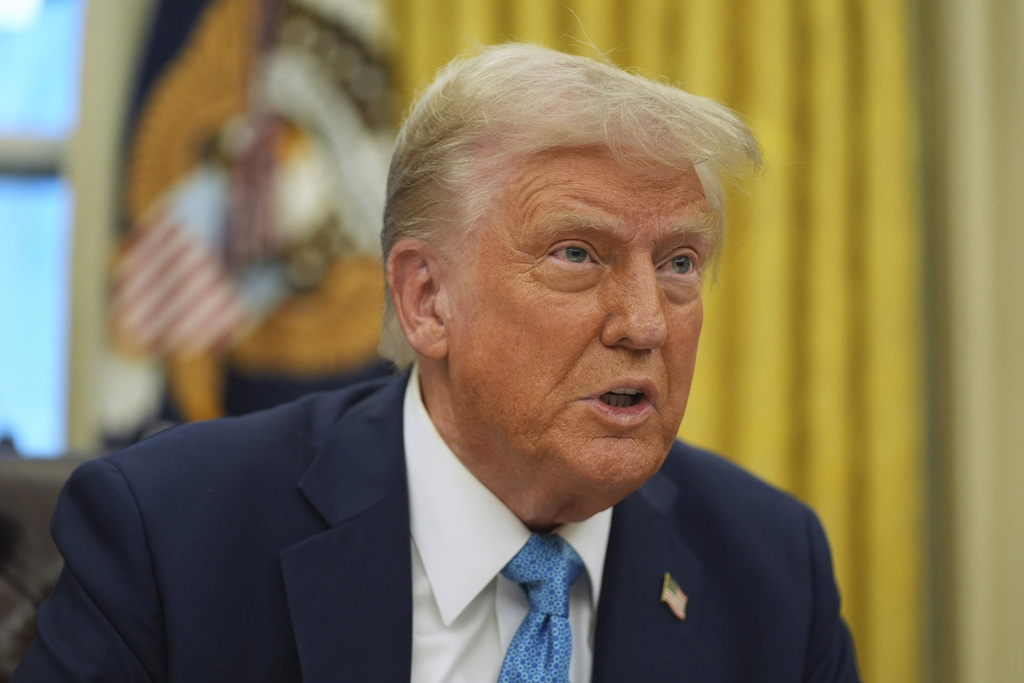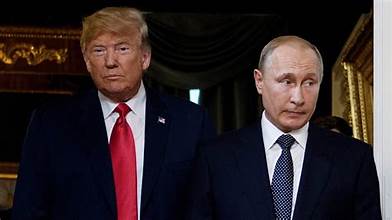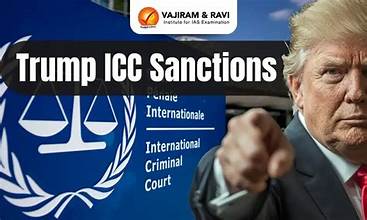In a potentially pivotal development in international diplomacy, former U.S. President Donald Trump could meet Russian President Vladimir Putin as soon as next week to discuss the ongoing war in Ukraine. This revelation, made by a senior official familiar with the matter, has sparked widespread discussion and speculation across political, diplomatic, and media circles worldwide.
Though Trump holds no current office, his continued influence on U.S. politics—especially among Republican voters—makes any such engagement with global leaders highly consequential. The possibility of a meeting between Trump and Putin at this critical juncture in the Russia-Ukraine conflict has raised both hopes and concerns.
A Surprising Diplomatic Move
The proposed meeting, reportedly being arranged through backchannels, would not be sanctioned by the U.S. government but is said to be initiated by private intermediaries. Trump, who is currently the Republican frontrunner for the 2024 presidential election, has long maintained a controversial stance on Russia, often praising Putin while criticizing U.S. involvement in Ukraine.
An anonymous official close to the discussions stated that Trump believes he could negotiate a “quick end” to the war if he returns to the White House. The former president has previously claimed that the war in Ukraine “would never have happened” under his leadership and that he could broker peace between Kyiv and Moscow “within 24 hours.”
Reaction from U.S. and Global Stakeholders
Unsurprisingly, the news of a potential Trump-Putin meeting has triggered a wave of political responses. The Biden administration has not officially commented on the development, but sources suggest that national security officials are closely monitoring the situation. There is concern that any unsanctioned diplomacy by a former president could undercut official U.S. foreign policy or create confusion on the world stage.
Meanwhile, international reactions have been mixed. Ukrainian officials have voiced skepticism over Trump’s potential role in resolving the conflict, pointing to his past statements that seemed to downplay Russia’s aggression. Some in Kyiv fear that Trump might push for a deal that would force Ukraine to make significant territorial concessions, which the current Ukrainian leadership has repeatedly rejected.
On the other hand, several European analysts have expressed cautious optimism, arguing that any effort—formal or informal—that might reduce hostilities should be explored, especially given the ongoing human and economic costs of the war.

Trump’s History with Putin
Trump’s relationship with Putin has always been the subject of intense scrutiny. During his presidency, Trump often diverged from traditional U.S. foreign policy toward Russia. His public praise for Putin and his reluctance to criticize Russian interference in U.S. elections drew sharp criticism from both Democrats and Republicans.
A potential meeting would not be the first time Trump has tried to insert himself into international diplomacy post-presidency. In the past, he floated the idea of meeting with North Korean leader Kim Jong-un again and has commented on global affairs with the tone of someone still engaged in policymaking.
Legal and Ethical Concerns
There are legal questions surrounding whether a former president can conduct foreign policy. The Logan Act, a rarely enforced U.S. law, prohibits private citizens from negotiating with foreign governments in disputes with the U.S. While Trump’s supporters argue that the meeting would be merely advisory or symbolic, legal experts suggest that the optics and possible outcomes could complicate matters further.
Some critics believe Trump’s motives are more political than diplomatic. A high-profile meeting with Putin could bolster his image as a global leader and peace negotiator, strengthening his campaign narrative. However, critics warn that such a meeting, if mishandled, could send dangerous signals or be used by Russia for propaganda purposes.
What Could Be Discussed?
Details about the agenda of the potential meeting remain speculative. Analysts believe Trump might propose a ceasefire, call for negotiations, or suggest a roadmap for peace—possibly one that aligns with his prior comments about ending the war quickly. However, without input from the Ukrainian government or official U.S. representation, such discussions may lack legitimacy or enforceability.
It’s also unclear how Putin views the potential meeting. While the Russian leader has previously spoken favorably of Trump, it remains uncertain whether he sees diplomatic value in meeting a former president who does not currently hold office.

A High-Stakes Gamble
Whether the meeting materializes or not, the very idea underscores the unpredictable nature of global politics in 2025. With the U.S. presidential elections nearing, Trump’s actions will continue to attract global attention. For Ukraine, Russia, and the international community, any prospect of peace is worth exploring—but it must be handled with care, transparency, and respect for international law and the sovereignty of nations.
As developments unfold, the world will be watching closely. A Trump-Putin meeting, if it happens, could mark a turning point in the Ukraine conflict—or it could further complicate an already volatile geopolitical situation.



